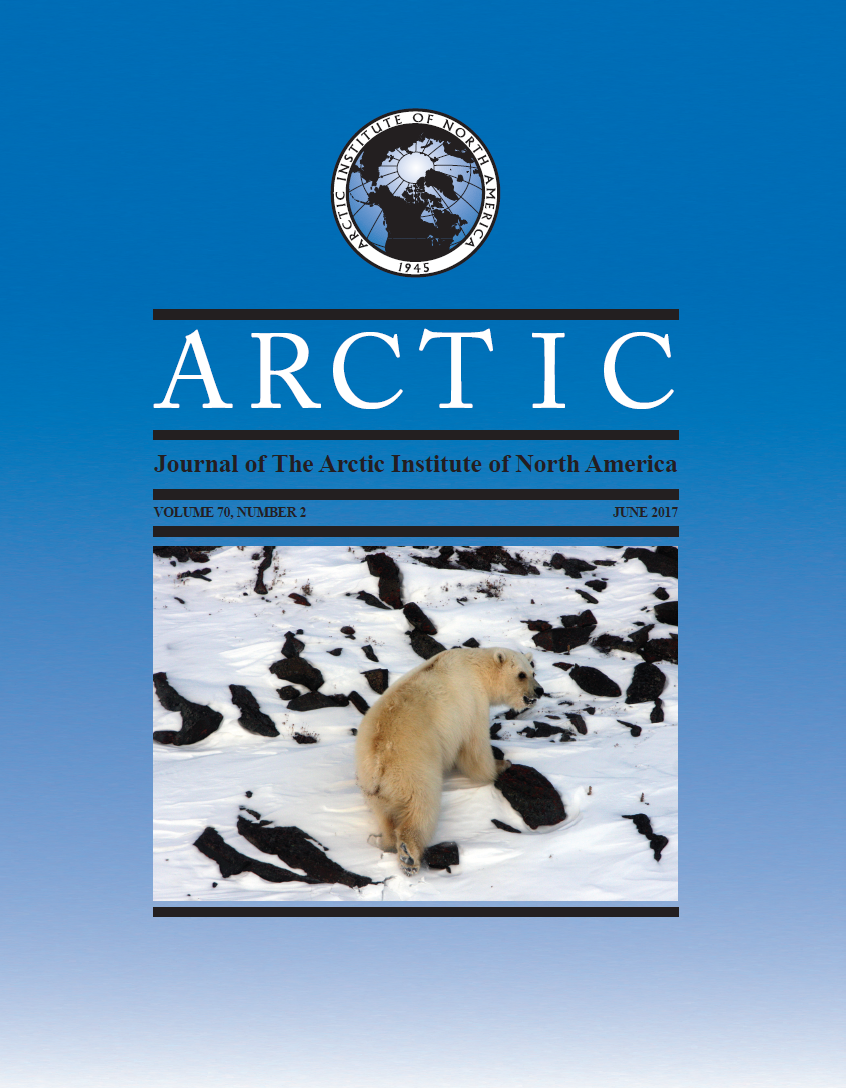Linking Social Values of Wild Reindeer to Planning and Management Options in Southern Norway
DOI:
https://doi.org/10.14430/arctic4647Ключевые слова:
wild reindeer, Norway, management, values, community developmentАннотация
Norway is home to the last remaining populations of wild mountain reindeer (Rangifer tarandus tarandus) in Europe. Concerns over anthropogenic and natural drivers have led to change in the management regime from a population-based model to an area-based model. More complex management goals, increasing involvement of stakeholders, and larger management units call for improved knowledge about reindeer-related values. We examined the responses of 1000 respondents to 39 statements of attitudes and values associated with wild reindeer presence and the management situation in two reindeer regions of southern Norway. We used a partial least-squares path modeling approach to examine the nexus between the attraction of wild reindeer, sustainability concerns, utilitarian and non-utilitarian values, conflicts, and attitudes toward hunting. The results show that local concepts of the sustainability of reindeer are based on opinions about the ecological requirements as well as the roles reindeer can play in the social and economic development of the communities. The attraction of reindeer is a function of consumptive as well as non-consumptive objectives. Segments of the community with different consumptive orientations can share ideas about the attraction of reindeer, but diverge in their interpretation of the sustainability of the species. Improved knowledge about the diversity and complexity of value orientations associated with wild reindeer can be a useful tool for developing multi-objective management frameworks with a diversity of stakeholders who may share similar values and interests, although they have different experience and knowledge bases.


